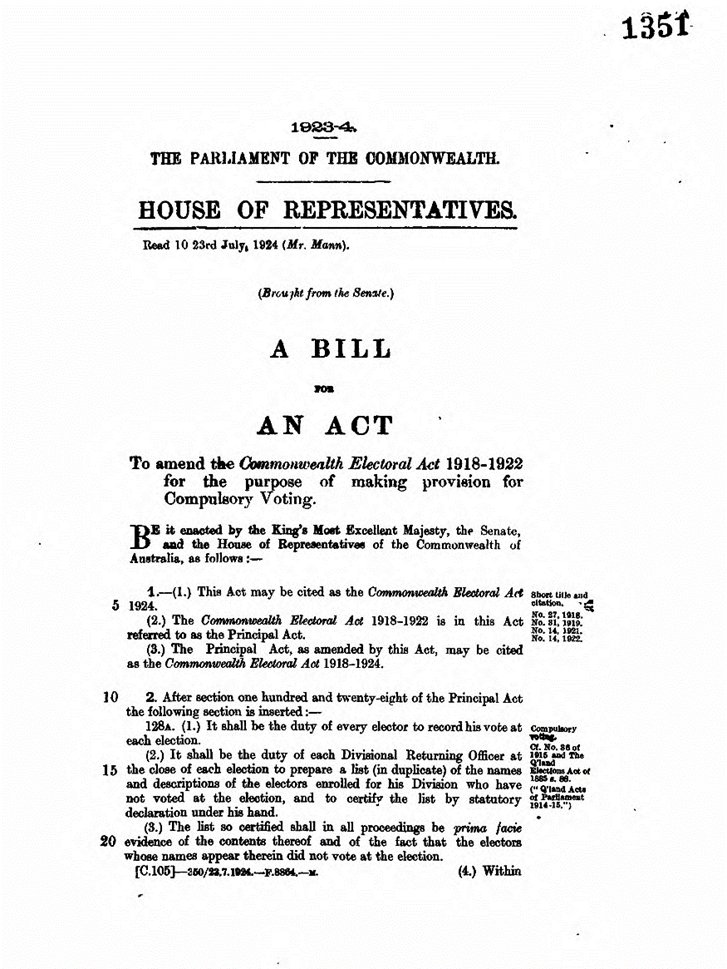31/05/2022
A key role of the Australian Parliament is to make and change the law. Each year the Australian Parliament considers hundreds of proposed laws, known as bills.
Most of these bills are introduced by government ministers. But in fact, any senator or member can introduce a bill to the Parliament for its consideration.
Bills proposed by senators who aren't ministers are called "private senators' bills" (and for members of the House of Representatives, "private members' bills").
If a private senator's or member's bill is passed by both Houses of Parliament, it will become law.
Are there many private senators' bills?
Private senators' bills are not as common as bills proposed by the government (known as "government bills"). Since the last election in 2019, about 100 private senators' bills have been introduced in the Senate compared to over 410 government bills.
It is very rare for private senators' bills to be passed by both Houses of Parliament and become law. This is partly because the government controls the House of Representatives, so a senator would need to secure the government's support to get their bill passed. Furthermore, as the Senate devotes most of its time to considering government bills, there is limited time for it to consider and progress private senators' bills. In the history of the Australian Parliament, just 16 private senators' bills have become law (alongside a further 13 private members' bills).

The first page of the Commonwealth Electoral Act Bill 1924, a private senators' bill which made it compulsory to vote at federal elections.
These successful private senators' bills cover a wide range of policy areas, including compulsory voting (in 1924), advertisements for smoking and tobacco (in 1989), and human cloning (in 2006). The most recent private senators' bill to be passed by both houses was the Marriage Amendment (Definition and Religious Freedoms) Bill 2017, which legalised same‑sex marriage in Australia.
When does the Senate consider private senators' bills?
The Senate's ordinary routine reserves Monday mornings to debate private senators' bills. As there is not enough time for every bill to be debated, the Senate (as a whole) decides which ones to consider following a process of negotiation.
(In comparison, the New Zealand Parliament chooses between "members' bills"—equivalent to private senators' bills—by drawing lots from a biscuit tin).
What if the bill doesn't pass?
Even if a private senators' bill does not become law, the senator can still use it to bring attention to and generate momentum on a policy issue. For instance, debating the bill in the Senate can raise awareness of the issue and might encourage the government to reconsider its approach or take action, particularly if the bill has strong community support.
A senator can also seek to have their private senators' bill examined by a Senate committee. These committee inquiries give the public a chance to have their say and can lead to recommendations to improve policy.
Want to know more about private senators' bills?
Search the data on Senate StatsNet or have a look at this article by the Parliamentary Library (2017). Details about past private senators' bills are in Odgers' Australian Senate Practice (Appendix 5).